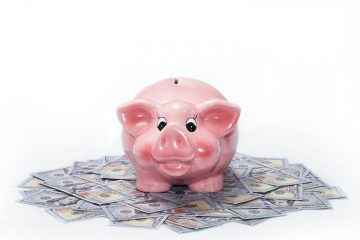What Does It Mean to “Leverage Your Money” Mean?

Your mortgage is one of the best examples of how leverage and your money work.
A bank assesses us interest when we take out a loan from them. When paying it back, we add the interest—let’s say 3%—on top of the borrowed amount.
You will make money if you use that money to purchase an item whose value increases by more than the interest rate.
House prices typically increase by more than 3% yearly during a housing boom. Therefore, if they increased by, say, 6% in a year and you paid off your mortgage, you would have made a 3% profit on your borrowed money.
Let’s examine a straightforward illustration. Suppose your home was worth £200,000, you had a £100,000 mortgage, and the interest rate was 3%. The value of your home has increased to £250,000 after a year, but you still only owe £103,000 to the bank—£103,000 plus £3,000 in interest.
As a result of borrowing £100,000 for a year, you made £47,000. (=£250,000-£200,000-£3000). An ROI of 47% is being achieved here!
The fact that you used bank funds to generate half of this profit is crucial. (your investment of £100,000 has made the other half). One of many effective investment strategies, this method of investing is known as using OPM, or “Other People’s Money.”
Buying options on stocks and shares is another instance of leveraging funds.
When you invest in options, you spend much less money than if you were to purchase an equivalent number of shares.
At a price of £50 per share, purchasing 100 shares of the ABC Company would cost you $5,000.
You would have made £1,000 (20%) on a £5,000 investment if they increased to £60 and were later sold. According to any person’s standards, this is a respectable return on investment.
An equivalent option that controls 100 shares would cost about £400 and be worth £800 if it were sold at £60 per share. You have now doubled your money and made £400 in profit off of a £400 investment.
The drawback of using leverage and purchasing options is that you run the risk of losing all of your investment capital if the share price falls. This means that using your money in this way is risky.
So there you have it, using your money strategically can be a powerful idea, but it can also be risky if it works against you.













